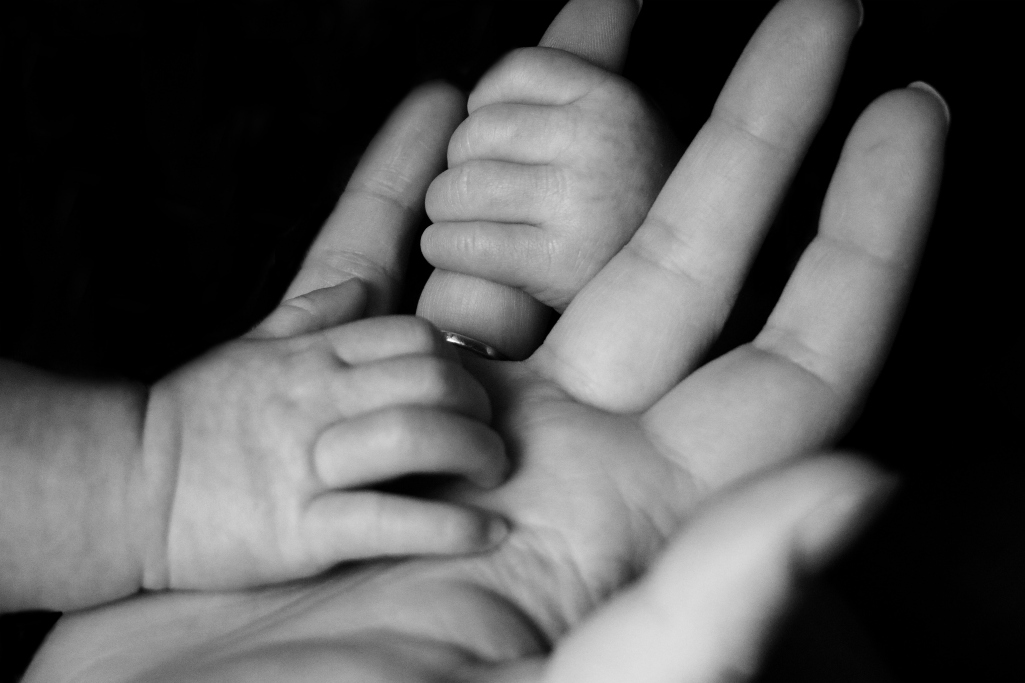“You messed up, and this mistake will always be a part of you, from now on.”
Have you ever been told that? I am not talking about making a mistake like spilling your coffee on the white rug, or misspelling a word or backing your car into a shopping cart. Those are accidents, not moral shortcomings. I’m talking about the kind of mistakes the Bible calls sins.
|
Shea Hicks |
On the surface, identifying people with their moral failures seems to make sense. Perhaps you committed adultery. Now you are an adulterer. Perhaps you murdered someone. Now you are a murderer. Perhaps you lied. Now you are a liar. Perhaps you cheated on a test. Now you are a cheater.
Using the aforementioned reasoning, who we are is determined by our moral decisions. But there is a problem with this reasoning in light of the gospel and Christ’s salvific work on the cross.
For the Christian thinking your moral failures constitute the entirety of your being, your makeup, your soul, is in total opposition to what the Bible says about your sin.
You see, as Christians we rely on the Advocate – Jesus Christ – to cleanse us from all sin (1 John 1:6-2:2) and on the Counselor – the Holy Spirit – to convict us when we make bad choices (John 14-16; Romans 6-8). Our duty is to turn from that sin (repentance), take up our cross, die daily to ourselves and our sin nature and follow Jesus (Luke 9:23; Romans 6:4-13).
What happens when we “die” to ourselves? We die to the parts of us that made those bad decisions. We die to the old version of ourselves. We die to those mistakes. Because we are reborn, because those sins are forgiven, those past “mistakes” are no longer a part of who you are. Want proof? Take a look at these verses:
- “As far as the east is from the west, so far has he removed our transgressions from us.” Psalm 103:12
- “I – I sweep away your transgressions for my own sake and remember your sins no more.” Isaiah 43:25
- “He will again have compassion on us; he will vanquish our iniquities. You will cast all our sins into the depths of the sea.” Micah 7:19
- “... But where sin multiplied, grace multiplied even more.” Romans 5:20
Furthermore, there is a massive difference between people knowing what you did and God knowing what you did. People do not have the supernatural power to hurl your sins into the sea. People cannot move your moral failures as far as the east from the west.
People may remember your sins. People may try to name you by your sins. People may assign your worth based on your past mistakes.
But the Bible tells us we are new creations, co-heirs of the Kingdom, chosen and beloved. Nowhere does God say, “Yes, you have received my salvation, and I have put my Spirit in you, but your identity still is adulterer/murderer/liar/cheater.” No, we are called sons and daughters of the Most High. The 1 John 1:9 purification of all unrighteousness that occurs upon repentance is not a partial purification. There is no part of that former unrighteousness left. Believing otherwise is to believe a lie about who you truly are.
We often form thought patterns and perceptions based on the results of choices we make, both good and bad. These thought patterns and perceptions might lead us to believe we should add a suffix to our names as though it is a part of us from now on.
False. You are not John Smith, adulterer. You are not Jane Doe, cheater. You are part of a holy priesthood, and your mistakes are not a part of who you are.
(EDITOR’S NOTE – Shea Hicks serves in the U.S. Air Force and is a master of divinity student at Southwestern Baptist Theological Seminary.)



